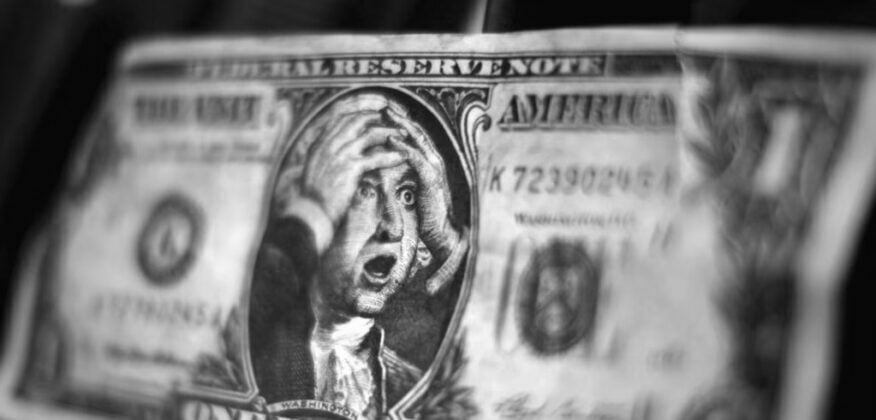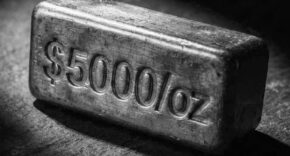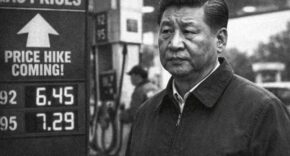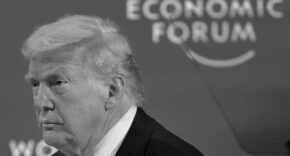Saudi Arabia’s recent announcement that the government is open to accepting payment for oil in currencies other than the dollar is a major announcement ignored by the media. The end of the petrodollar would have severe adverse effects on the value of the dollar and US inflation and interest rates.
For a half-century, the petrodollar has supported the value of the US dollar and ensured financing for America’s large budget and trade deficits. By billing for oil in dollars, the Saudis guaranteed a worldwide demand for US dollars. Without this demand for dollars, the constant increase in the US money supply would have eroded the dollar’s exchange value in terms of other currencies.
As the US has offshored so much of its production for home use, the US is import-dependent, and the widening trade deficit would have eroded the dollar’s exchange value and resulted in high inflation.
Similarly, as the world needed dollars for oil payments, countries held dollars in the form of interest-bearing US Treasuries rather than currency, making financing easy for large US budget deficits.
The petrodollar supported the continuing role of the dollar as world currency after President Nixon closed the gold window in 1971, in effect ending the Bretton Woods system following WW II that gave the US dollar the reserve currency role. Under Bretton Woods, foreign central banks had the right to demand US gold for their dollar holdings.
When France made this demand, Nixon abrogated the Bretton Woods agreement. To save the dollar’s value and its reserve currency role, the petrodollar system was created.
In recent years Washington has so abused the dollar’s “reserve currency” role with sanctions and asset seizes that many countries desire to settle their trade imbalances in their own currencies to escape Washington’s ability to threaten and punish them for serving their own interests rather than Washington’s. If Saudi Arabia abandons the petrodollar, the demand for dollars and the dollar’s value will fall.
This is a major threat to Washington’s power and to the financial power of American banks.
It is possible that the Saudis are sending a signal to Washington that Washington’s failure to comply with some Saudi concerns or interests can have undesirable consequences for the US. In fact, the Saudis might be using their leverage to get what they want from Washington.
Time will tell… If the Saudis do drop the petrodollar, Americans will face stiff inflation and high-interest rates necessary to finance US budget deficits unless the Fed itself finances the deficits by printing more money, in which case monetary inflation would be added to inflation caused by the drop in the dollar’s foreign exchange value resulting from declining foreign demand for the US dollar.
Should this come to pass, the implication for the US is massive austerity.
Original article: Will Washington’s Power Decline With the Dollar?











